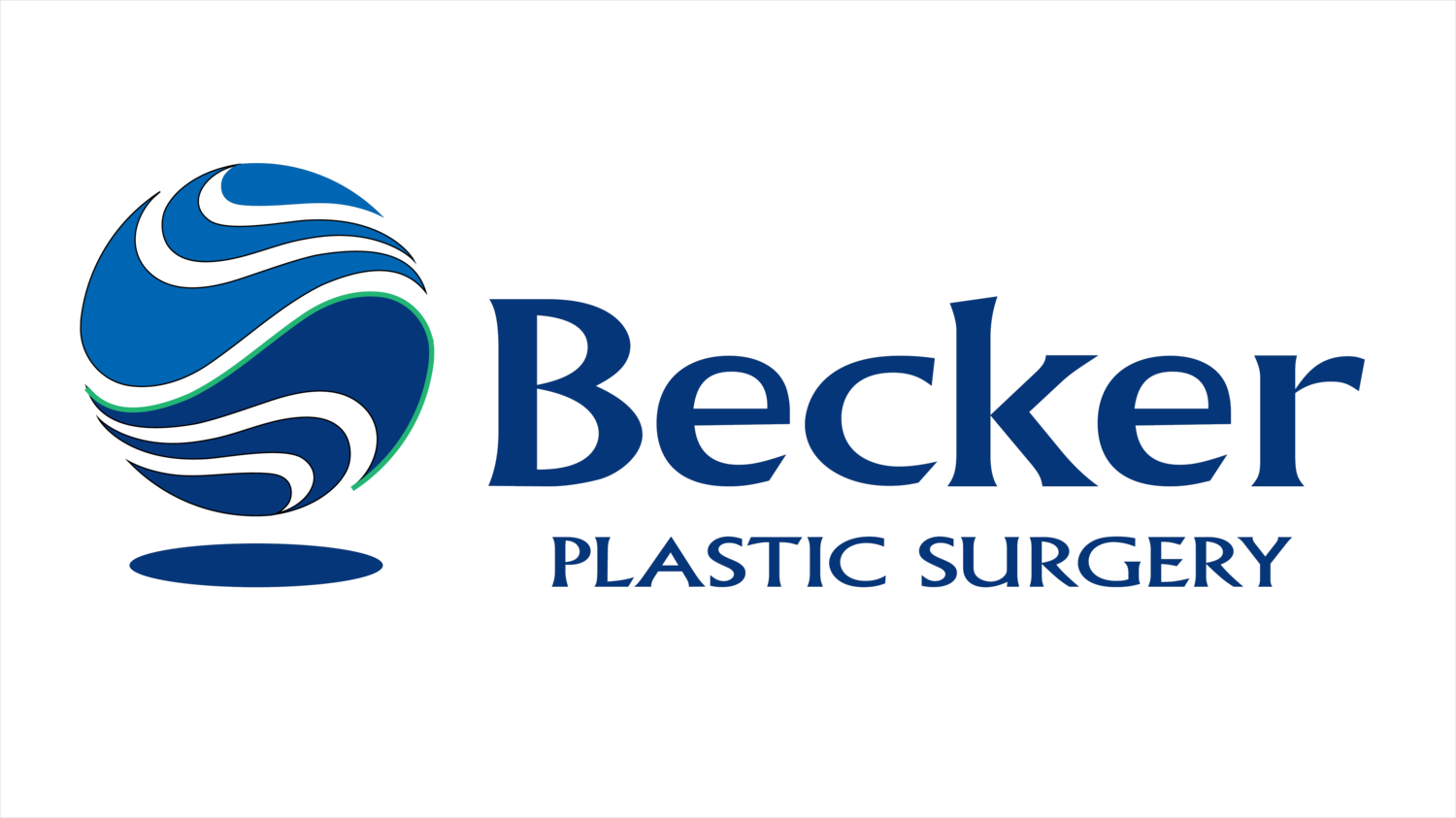Breast Augmentation Information
Qualifications
In general, good candidates for breast augmentation:
Aren't pregnant or breastfeeding
Are old enough to have fully-developed breasts
Are bothered by the feeling that their breasts are too small
Are dissatisfied with their breasts losing shape and volume after pregnancy, weight loss, or with aging
Are unhappy with the upper part of their breasts appearing "empty"
Have asymmetrical breasts
Have one or both breasts that failed to develop normally or have an elongated shape
Have limited ptosis (droop)
Are healthy and do not have medical conditions that impair healing
Have a positive outlook and realistic expectations
Preparation
In preparing for a breast augmentation, you may be asked to:
Get lab testing or a medical evaluation
Take certain medications or adjust your current medications
Avoid taking aspirin, anti-inflammatory drugs, and herbal supplements because they can increase bleeding and bruising
Arrange for a friend or family member to drive you to and from surgery and to stay with you the first night following surgery
Recovery
Avoid lifting for 2 weeks and do not go to the gym or do strenuous activity for 6 weeks. Acute pain and soreness will last a few weeks, but your doctor will prescribe pain medications to help you remain comfortable.
Although infrequent, the risks and complications of breast augmentation include:
Uneven breasts
Breasts that are too high
Breasts that are too low
Asymmetry (unevenness between two sides)
Capsular contracture (excess scar tissue around implants)
